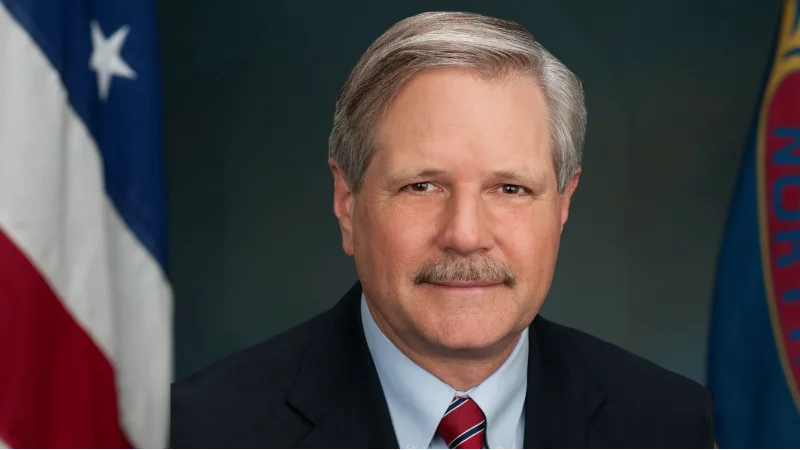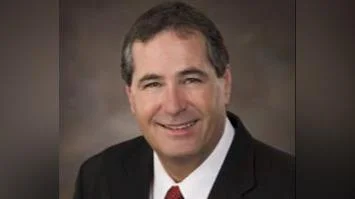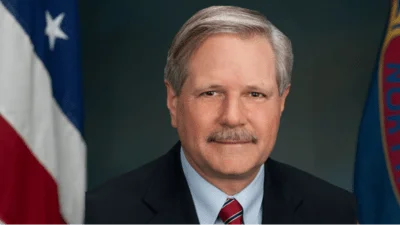Senator John Hoeven, U.S. Senator of North Dakota | Senator John Hoeven Official website
Senator John Hoeven, U.S. Senator of North Dakota | Senator John Hoeven Official website
Senator John Hoeven, a member of the Senate Energy and Water Development Appropriations Committee, announced the Senate's approval of the Water Resources Development Act (WRDA) of 2024. The legislation aims to improve water management, flood control, and recreational facilities in North Dakota.
The bill empowers the U.S. Army Corps of Engineers to assist public entities with designing and constructing small flood control projects. It also mandates the Army Corps to create a guide on using public-private partnerships for water resource development projects. The Fargo-Moorhead region’s flood protection project will serve as a model for developing such projects more efficiently and cost-effectively.
Additionally, the WRDA calls for enhancing recreation facilities in areas managed by the Army Corps, including Lake Sakakawea and Lake Oahe. The bill emphasizes retaining recreation fees at their collection points to fund site operations and maintenance, aligning with practices of other federal land management agencies.
The legislation also reduces non-federal cost shares for economically disadvantaged communities receiving assistance under the Section 594 rural water program. This program has been prioritized by Hoeven in annual appropriations bills to aid smaller North Dakota communities in improving their water and sewer systems.
“North Dakotans well understand the importance of managing our water resources, whether for flood control, reliable community water supplies, irrigation or recreation,” said Hoeven. “We worked to ensure this legislation helps meet our state’s needs, empowering the Corps to better assist with flood protection and water systems in small communities. At the same time, this bill helps ensure recreation fees stay local while removing bureaucratic hurdles to allow the enhancement of the recreation facilities available at Corps-managed areas, benefitting the communities and local residents that make use of these sites.”






 Alerts Sign-up
Alerts Sign-up